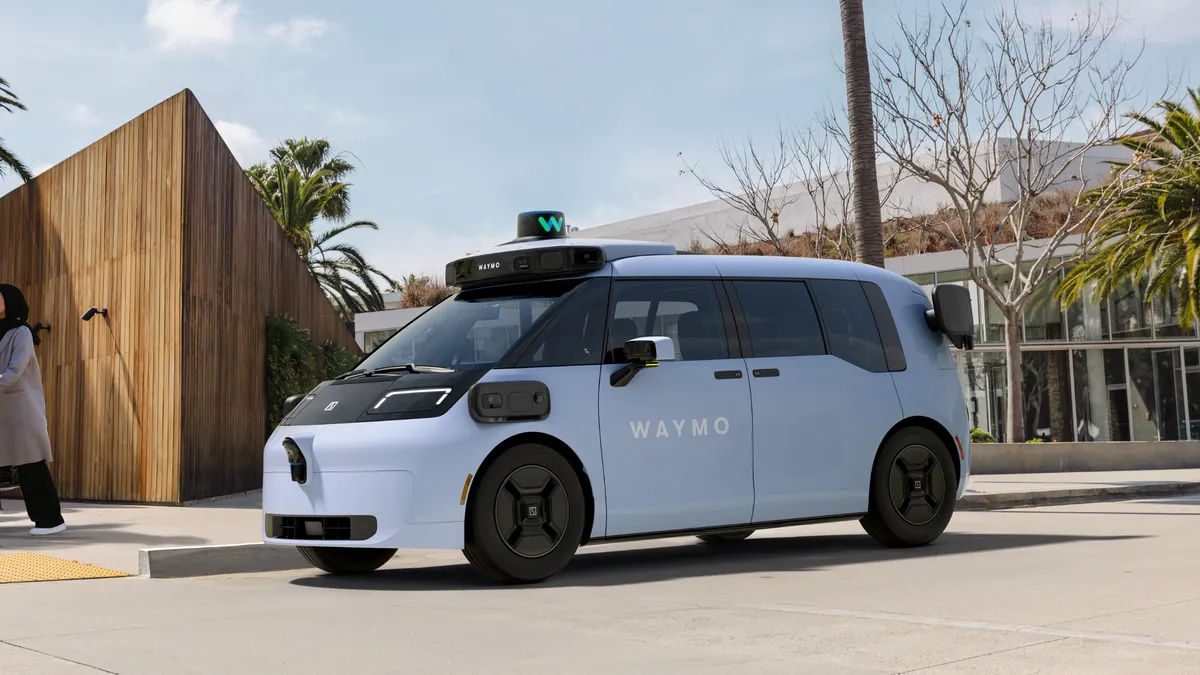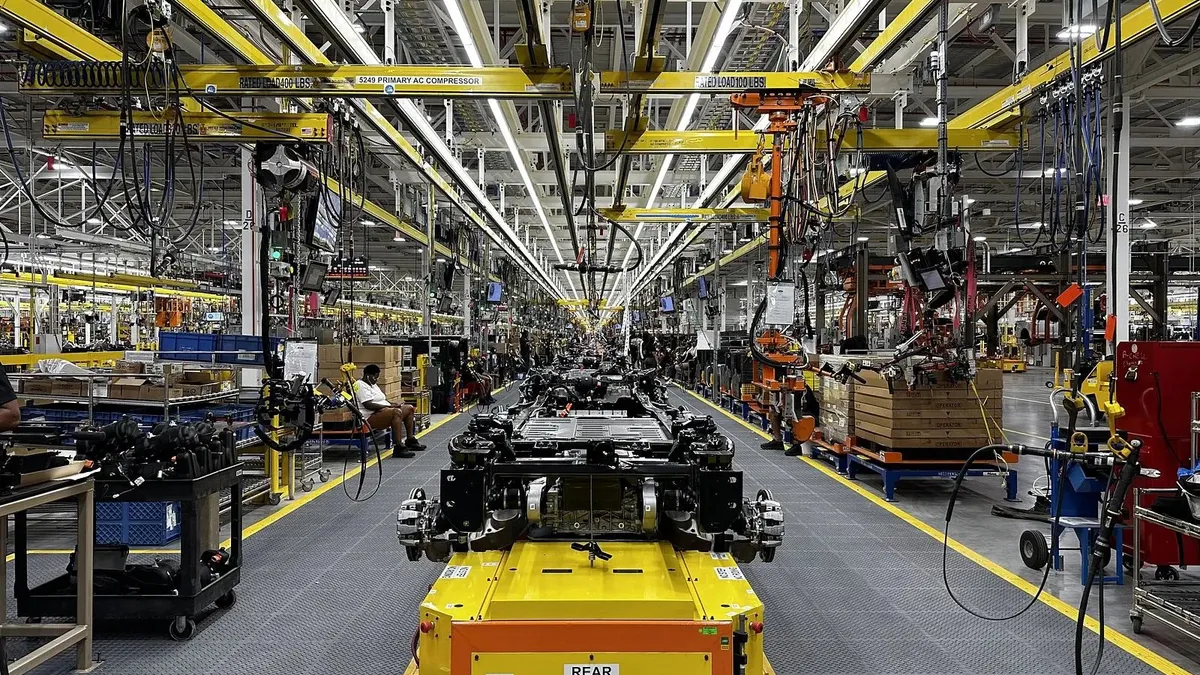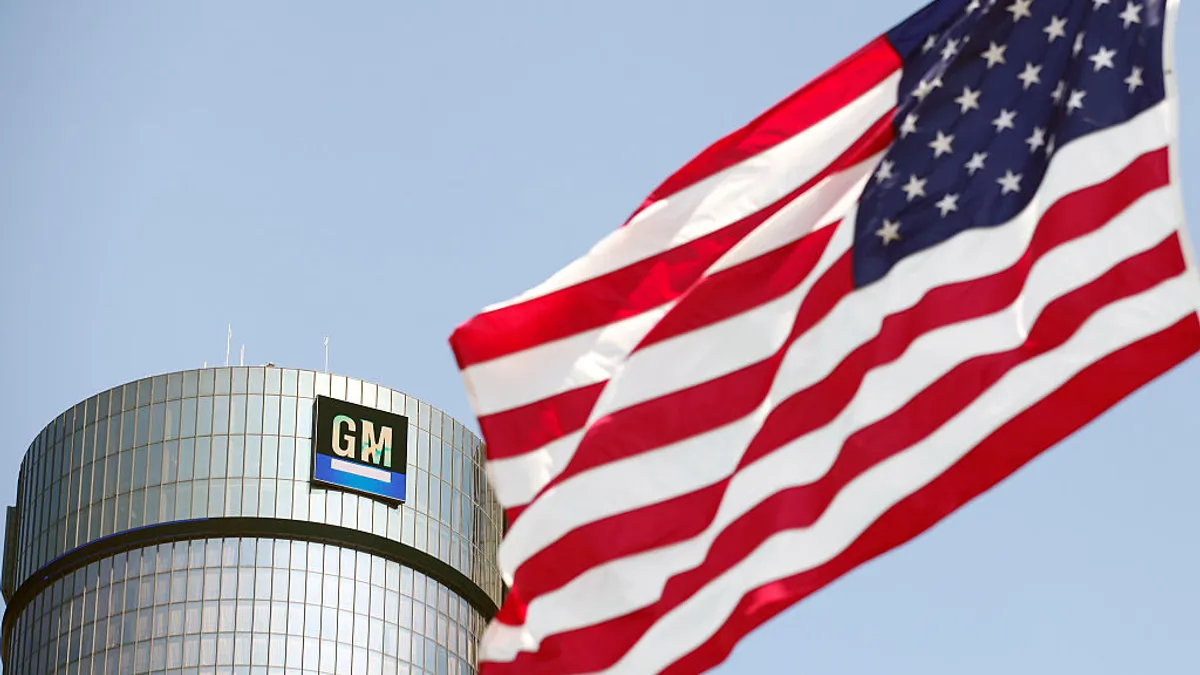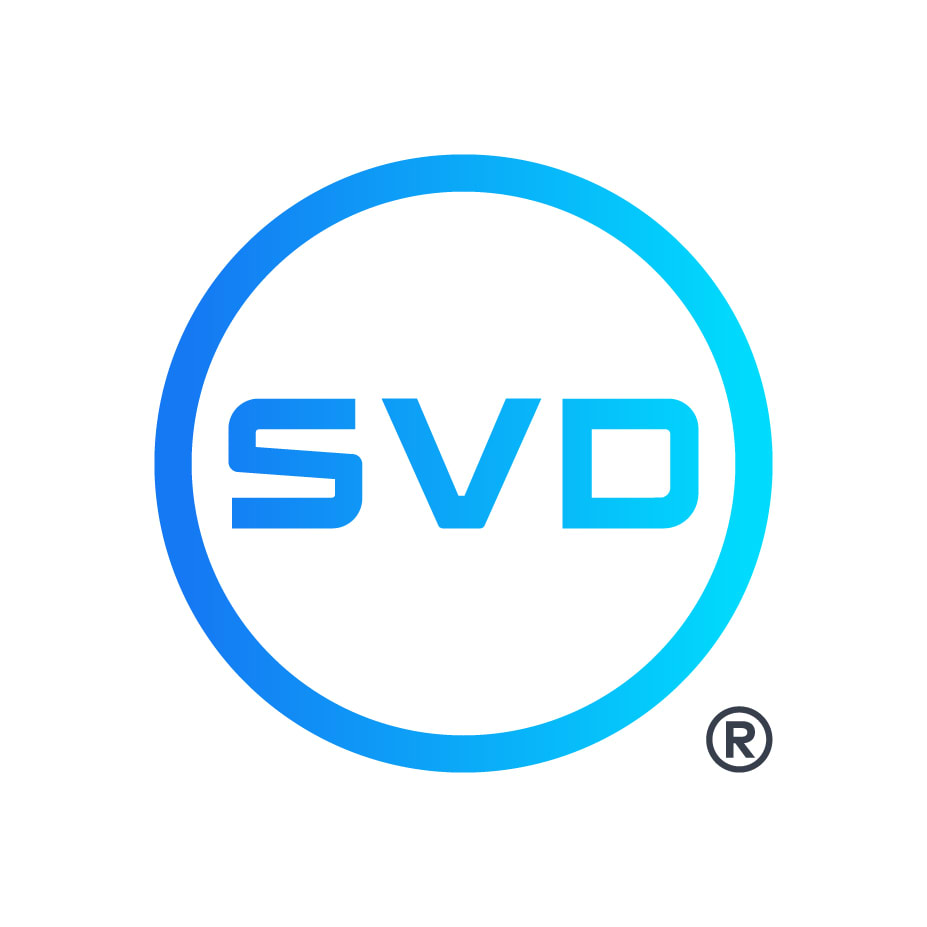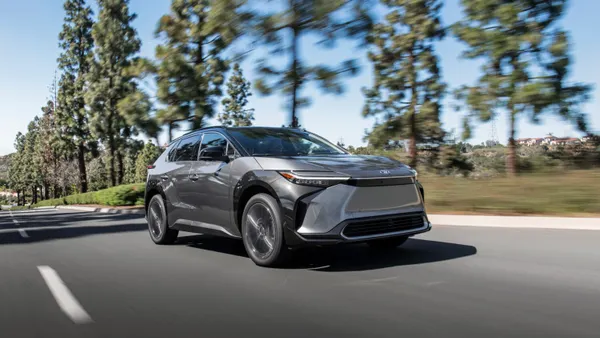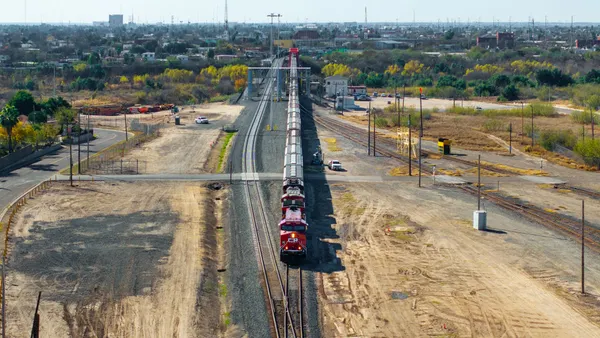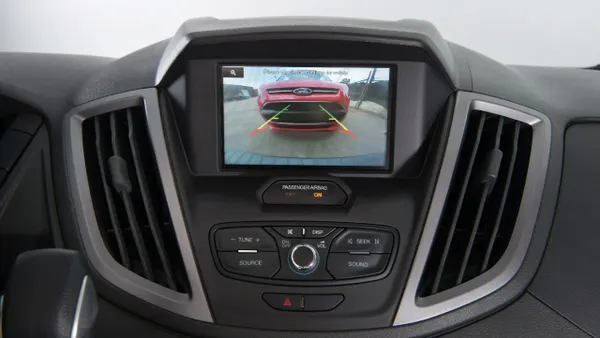Dive Brief:
- Toyota Motor Corp. and Waymo will collaborate on the development of an autonomous vehicle platform, the automaker announced in a press release April 30.
- The scope of the collaboration will continue to evolve and includes exploring ways to integrate Waymo’s autonomous driving technology into personally owned Toyota vehicles.
- "Waymo's mission is to be the world's most trusted driver,” Waymo co-CEO Tekedra Mawakana said in the release. “We look forward to exploring this strategic partnership, incorporating their vehicles into our ride-hailing fleet and bringing the magic of Waymo's autonomous driving technology to Toyota customers."
Dive Insight:
Toyota’s collaboration with Waymo is the latest example of a legacy automaker turning to a technology partner to accelerate the development and deployment of autonomous driving technology.
Woven by Toyota, the automaker’s mobility technology subsidiary, will also be involved with the collaboration, according to the release. Woven says that industry collaboration is important as advancements in artificial intelligence, sensing and software are expanding the possibilities for automakers to improve their advanced driver assist systems and increase safety.
Waymo, which spun out of Google’s ambitious self-driving car project, is viewed as one of the global leaders in autonomous driving technology. The company could become a valuable partner for Toyota as the automaker works to develop software-defined vehicles equipped with more robust advanced driver assist systems and self-driving capabilities.
Outside of the new Toyota partnership, Waymo is currently working to scale its Waymo One commercial ride-hailing service in cities across the U.S. using its fleet of self-driving vehicles. Waymo currently provides 250,000 paid trips each week in the San Francisco Bay Area, Los Angeles, Phoenix, and Austin, and soon plans to launch its ride-hailing service in Washington D.C. and Miami.
Through December 2024, Waymo’s autonomous ride-hailing fleet has completed 50 million miles of rider trips without a human safety driver onboard. The company also surpassed over 20 billion miles of testing in computer simulation. Waymo continuously collects data from its fleet that’s used to refine and improve the safety of its AV technology.
“We share a strong sense of purpose and a common vision with Waymo in advancing safety through automated driving technology, and we are confident this collaboration can help bring our solutions to more people around the world,” Hiroki Nakajima, member of the board and EVP of Toyota Motor Corp., said in the release.
Last August, Waymo launched the sixth generation of its autonomous driving technology stack called the “Waymo Driver,” which serves as the brains of its ride-hailing vehicles.
The Waymo Driver is designed to be compatible with a variety of vehicle platforms. Its advanced hardware suite includes 13 cameras, four lidars, six radar units and an array of external audio receivers installed on vehicles. When combined with high-resolution maps for navigation, it allows vehicles to operate autonomously with a high level of safety.
In October 2024, Waymo closed on a $5.6 billion oversubscribed investment round led by parent company Alphabet, which will help fund the continual expansion of its Waymo One ride-hailing service.
In addition to working with Toyota, Waymo is also collaborating with Uber and other automakers to add self-driving vehicles to its mobility platform. Uber announced a multi-year strategic partnership with Waymo in May 2023 to deploy AVs on the Uber platform.
Last October, Hyundai Motor Co. entered into a multiyear partnership with Waymo to equip its electric Ioniq 5 with autonomous driving technology and add the EVs to the Waymo One ride-hailing service.
General Motors has also tapped outside expertise for its Super Cruise hands-free driving technology. The company recently hired engineers from San Francisco-based Cruise — its former technology and ride-hailing partner — to work on AV tech for the automaker. GM acquired Cruise in February and it’s now a wholly-owned subsidiary.



